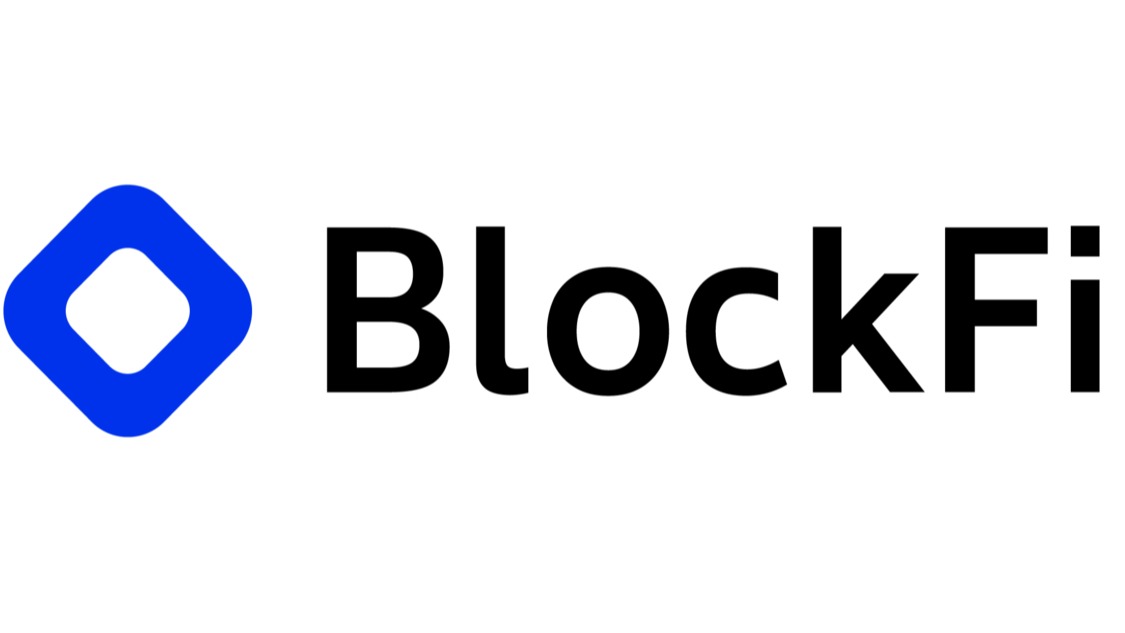Cryptocurrency lender BlockFi has filed for Chapter 11 bankruptcy protection, as the market continues to deal with the fallout from the collapse of the FTX exchange.
In its filing with a New Jersey court, BlockFi said that its substantial exposure to FTX created a liquidity crisis. Its exposure was due to loans to crypto trading firm Alameda – owned by former FTX CEO Sam Bankman-Fried – and currencies that became trapped on the FTX platform after traders pulled $6 billion from the platform in three days last month.
The company has listed its assets and liabilities as being between $1 billion and $10 billion. The filing revealed that FTX is BlockFi’s second-largest creditor, with $275 million owed on a loan that was extended earlier this year. BlockFi owes money to more than 100,000 creditors. Its largest creditor is Ankura Trust, which is owed $729 million, while BlockFi's other creditors include the US Securities and Exchange Commission, which is owed $30 million.
Along with filing for bankruptcy, BlockFi has sued a holding company for Bankman-Fried – who is already facing investigations in the Bahamas, Australia, Japan and Turkey – as it seeks to recover shares in Robinhood Markets that it pledged as collateral prior to FTX’s own bankruptcy.
BlockFi agreed a deal with FTX in July which would see it receive a $400 million revolving credit facility, with FTX getting an option to buy it for $240 million.
The increasing volatility of crypto markets in a post-pandemic world had previously seen fellow lenders Celsius Network and Voyager Digital also file for bankruptcy. While retail investment in crypto has waned since Covid has eased, the lack of regulation on crypto – including no requirements for lenders to hold capital or liquidity like traditional lenders – has led lenders and their customers to shoulder large losses.
BlockFi will face its first bankruptcy hearing today.
In a blog post, the company said: "Acting in the best interest of our clients is our top priority and continues to guide our path forward.”
Latest News
-
Gemini to cut quarter of workforce and exit UK, EU and Australia as crypto slump forces retrenchment
-
Bank ABC’s mobile-only ila bank migrates to core banking platform
-
Visa launches platform to accelerate small business growth in US
-
NatWest to expand Accelerator programme to 50,000 members in 2026
-
BBVA joins European stablecoin coalition
-
eToro partners with Amundi to launch equity portfolio with exposure to ‘megatrends’
Creating value together: Strategic partnerships in the age of GCCs
As Global Capability Centres reshape the financial services landscape, one question stands out: how do leading banks balance in-house innovation with strategic partnerships to drive real transformation?
Data trust in the AI era: Building customer confidence through responsible banking
In the second episode of FStech’s three-part video podcast series sponsored by HCLTech, Sudip Lahiri, Executive Vice President & Head of Financial Services for Europe & UKI at HCLTech examines the critical relationship between data trust, transparency, and responsible AI implementation in financial services.
Banking's GenAI evolution: Beyond the hype, building the future
In the first episode of a three-part video podcast series sponsored by HCLTech, Sudip Lahiri, Executive Vice President & Head of Financial Services for Europe & UKI at HCLTech explores how financial institutions can navigate the transformative potential of Generative AI while building lasting foundations for innovation.
Beyond compliance: Building unshakeable operational resilience in financial services
In today's rapidly evolving financial landscape, operational resilience has become a critical focus for institutions worldwide. As regulatory requirements grow more complex and cyber threats, particularly ransomware, become increasingly sophisticated, financial services providers must adapt and strengthen their defences. The intersection of compliance, technology, and security presents both challenges and opportunities.
© 2019 Perspective Publishing Privacy & Cookies













Recent Stories